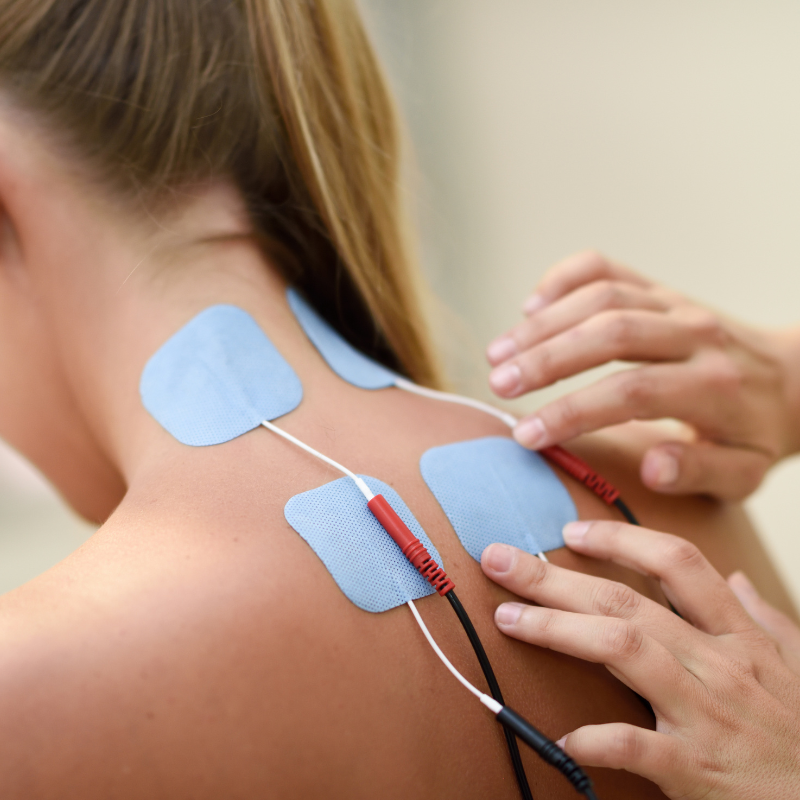Do you want to control your brain? The Muse brain sensing headband promises to help you get the most out of your meditation practice by giving you real-time biofeedback about what’s going on in your mind. It’s not some dystopian headset trying to alter your brain. Instead, its makers, the InteraXon team, want to train you to modify it yourself by knowing your brain activity better. Here you find our experience with the headband – even the comparison for the early and latest versions: our big fat Muse review.
Measuring brainwave activity? Really? How?
For answering that question, we have to introduce you the electroencephalogram or EEG (yes, we’ll stay at the latter). An EEG is a method that records the electrical activity in the brain using electrodes attached externally to the scalp. It’s an effective way to know what’s going on under your perfectly combed hair as brain cells “communicate via electrical impulses and are active all the time” — even while sleeping. In 1924, Hans Berger recorded the first human EEG measuring the faint electrical signals that brains emit while thinking, sleeping, moving, or meditating. Since then, being able to accurately and comfortably measure EEG even at home has been the focus of many experts and companies, although failure was more frequent than success.
A refreshing exception is the company behind the brain sensing headband, Muse, the Canadian InteraXon. One of the founders, Ariel Garten, is the perfect example of how an interdisciplinary background of neuroscience, fashion design, and psychotherapy can help solve global problems and develop innovative solutions. After launching a clothing line in high school, and then open Toronto Fashion Week with her own line, she worked in the science lab of Professor Steve Mann, pioneer of cybernetics and wearable computers. There, Garten and her colleagues got the idea of using brain activity to trigger musical playback. Not long after, she co-founded InteraXon with Trevor Colemen and Chris Aimone and went on to develop Muse, the brain–sensing headband.





